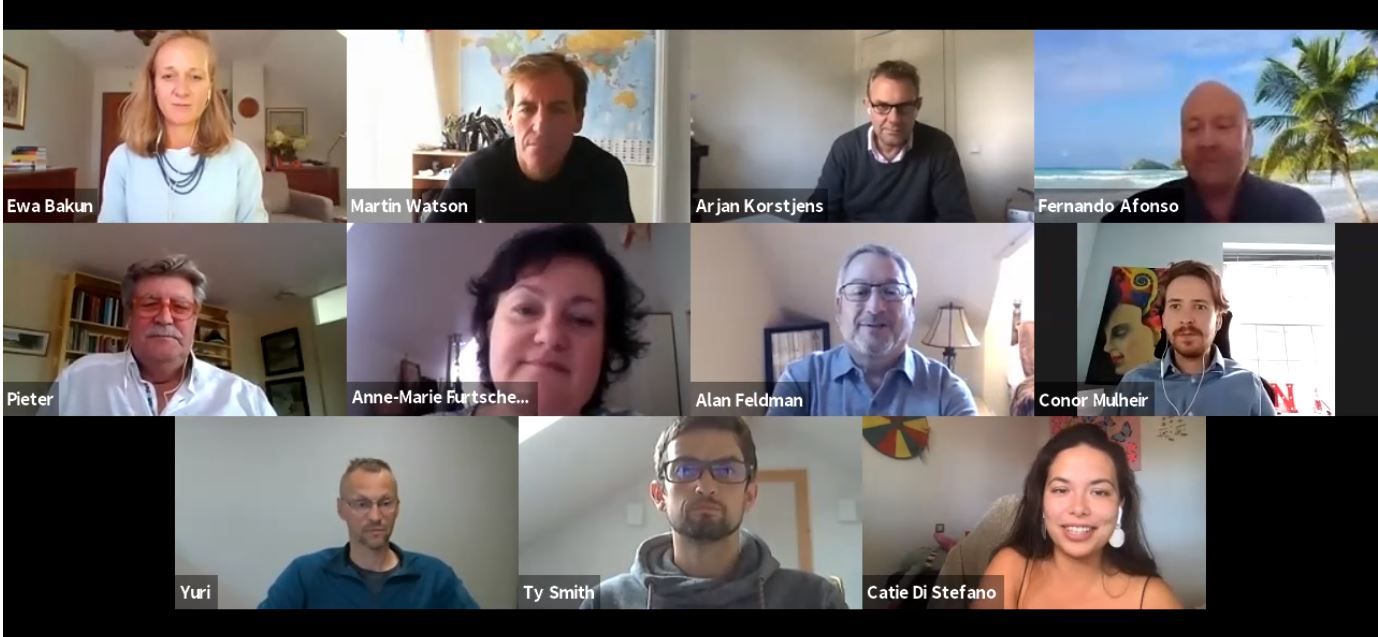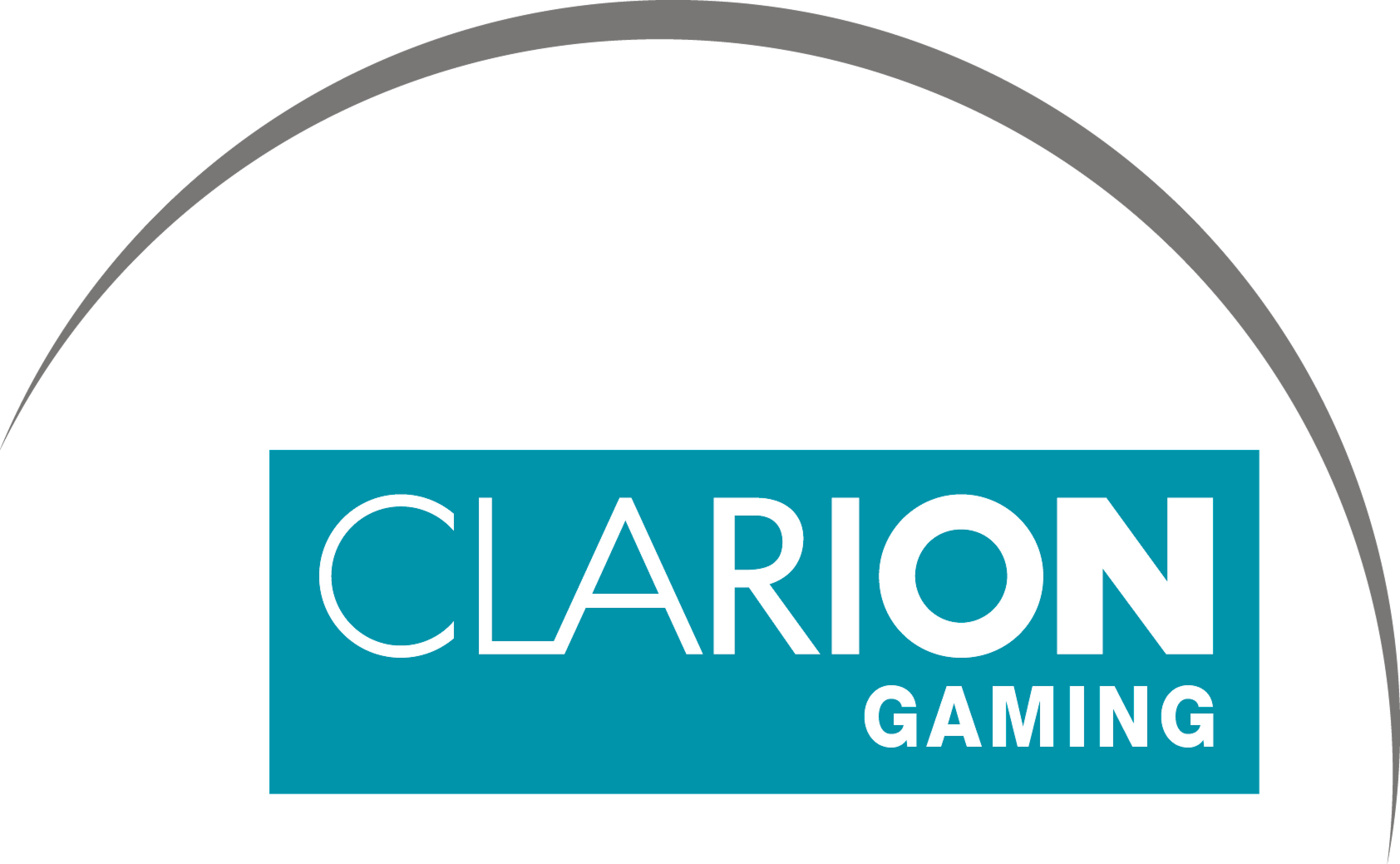Digital Ampersand Speakeasy: Responsible Gambling as competitive advantage
 |
Finding a voice to talk about Responsible Gambling
12 Ampersand members convened on 2 September for a digital speakeasy to discuss the most effective ways to improve consumer protections. Here are some of the key points raised:
Competitive nature of an effective RG approach was considered in its various angles: a necessity to avoid further regulatory restrictions that will impact on the competitiveness of the business, an offensive measure for an effective market entry as all regulations require a well thought-out RG strategy and as a competitive advantage that an ethical approach will have to win the consumers over and to build a sustainable, healthy and loyal customer base.
Player communications is a necessity, even more so during the pandemic. While there was some disagreement on when and how that communication should take place, it is crucial to be proactive in educating players, creating a dialogue with them and informing them about the risks of gambling and RG measures available. And the pandemic, when numbers of patrons visiting land-based casinos are reduced, provides an opportunity to display more empathy and spend more time talking to customers to give them extra care, in particular as safety (whether physical or mental) is emphasized at each step of the customer journey (and plastic partitions enforced by the pandemic actually help by creating an environment more conducive to this type of private conversations).
Indeed, most customers are appreciative of this type of engagements and customer care, e.g. 76% of Holland Casino players were happy to have been approached with that type of conversation, when surveyed, shared one of the speakeasy participants. Portugal similarly has had a very positive experience of working with their retailers and players while enforcing identification with a fiscal number when betting on sports via retailers: while an extra burden for both, it was the communication of the benefits of keeping the games’ integrity at the forefront that proved to be highly appreciated by the customers. Unveiling the large numbers of underage bettors as part of that process was just an extra bonus in ensuring the protections required by the law.
Taking RG seriously, is what almost any company claims. But is it a genuinely serious commitment or just a lip service, discussed the group. Some operators who are denouncing the legacy of aggressive marketing and player approach in Europe are exporting similar tactics to other less mature markets, such as the US. In another example, while the employees are trained to spot risky player behaviours, they are often not encouraged to actually intervene or don’t have the tools that can empower them to do that, which prevents the interactions, so crucial for an effective RG approach. Only by seriously taking RG seriously can we then be genuine and credible while communicating our approach and the RG measures successfully to customers.
Not one fits all. Lots has been said about various tools available to effect a more tailored and individualised RG approach, such as affordability checks, AI, player analytics etc. Technology is there to help with these approaches and while online gambling is more prone to adopt them, land-based gambling already uses them too (e.g. affordability checks in Switzerland or fingerprint identification in Check Republic), although the technological gap between offline and online exists, no doubt. While there are fears that these tools might be taking some players away from legal sites because of the intrusion, we know that right communication with players about the benefits of RG measures can be turned into operators’ advantage. If used together with human interaction, the technological tools can work much better.
Evidence is critical, but don’t let the time needed to collect it stop us from caring. Lots of regulatory decisions are being taken at political whim rather than based on evidence, which causes lots of unintended consequences. But we are a young industry and not always evidence is available. Moreover, sometimes it takes too much time to collect it and action is required now, rather than in five years’ time when evidence is finally gathered. In the meantime, there are other ways to seek advice to avoid mistakes, e.g. academic panels. Industry itself should also engage in research, e.g. the Isle of Man study is aiming to establish whether there is baseline player behaviour on which to model certain RG approaches and at what points we need to take into consideration cultural and geographical influences. Regulators too should set aside budgets to research the outcomes of their regulations.

